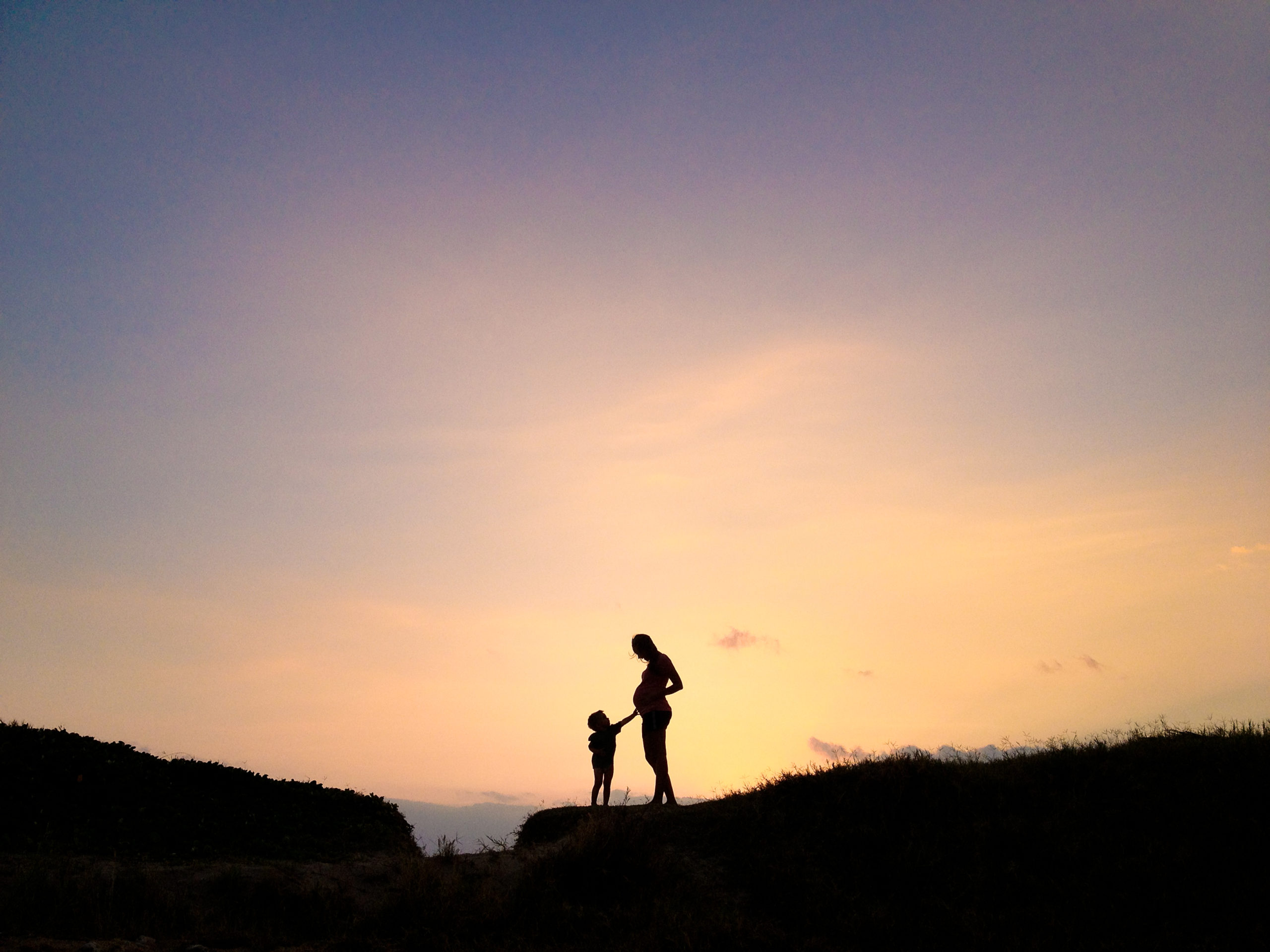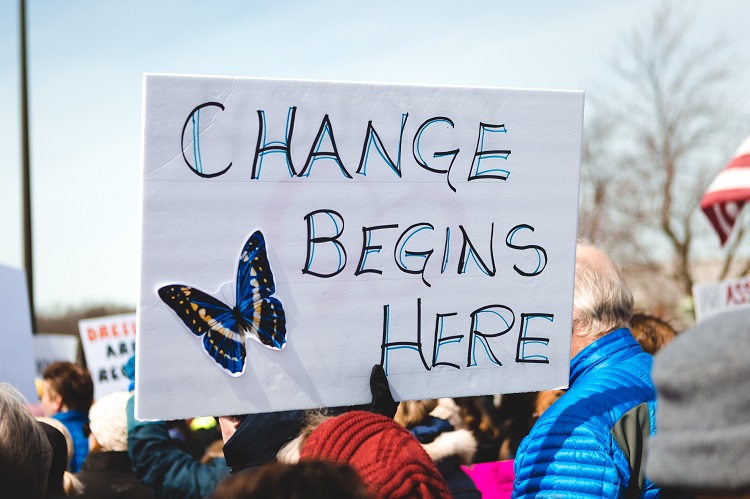I will never forget the day I sang “Amazing Grace” with thirty former child slaves in Haiti.
These precious young orphans were “restavec” children—Haiti’s domestic slaves and victims of what Nick Eberstadt has termed a “withering away of the state,” in which the government can no longer provide the most basic security for its people. Standing there in the heat of the Haitian sun, hearing the children sing joyful songs of praise to Jesus, I was unforgettably confronted with the reality of injustice toward the poor and vulnerable, but also with the power of redemption to bring healing to even the most broken places.
Tragically, the threat of violence toward the poor in Haiti is by no means unique in the developing world. In fact, in his recent book “The Locust Effect: Why the End of Poverty Requires the End of Violence,” International Justice Mission president Gary Haugen argues that violence is in fact endemic in the developing world, undermining even the most admirable plans to reduce poverty and promote prosperity.
While we often associate poverty with physical deprivations, such as a lack of food, water and shelter, “The Locust Effect” makes the case that “violence is as much a part of what it means to be poor as being hungry, sick, homeless or jobless.” Although they have achieved remarkable success at combating these surface-level symptoms of poverty, development organizations, foreign aid groups and the international community have failed to delve deeper into the actual causes and exacerbating factors of poverty.
Haugen argues that if we truly desire to help the poor in an effective, sustainable way, we must “walk with them into the secret terror that lies beneath the surface of their poverty.”
Injustice toward the poor takes many different forms: sexual violence, forced labor, illegal detention, land theft, assault and police abuse. And all too often, those very institutions charged with safeguarding the poor are actually a source of “predatory violence adding to the poor’s vulnerability.” Haugen shares story after haunting story of situations in which vulnerable and impoverished individuals were abused, oppressed, enslaved, robbed, wrongly imprisoned and even killed.
In the face of such overwhelming systemic evil and institutionalized corruption, what practical measures can we take to secure the promise of safety and protection for the poor in the developing world? “The Locust Effect” challenges us all to:
[Make a] commitment of compassion to secure what we have always treasured for ourselves: the freedom from violence and fear through which the global poor might finally find their opportunity to flourish and thrive.
To ensure this protection, those in the developing world must foster and enforce the rule of law. A comprehensive understanding of the rule of law requires that we not only establish just laws, but also ensure they are enforced by competent local officials, well-trained law enforcement officers, formal property rights and equitable criminal justice systems.
The stories and circumstances chronicled in “The Locust Effect” are indeed eye-opening and heartbreaking. But you might wonder, why should we be concerned about the lives and wellbeing of those whose everyday reality is so far removed from our own?
As Scripture tells us, whether you are a prosperous American entrepreneur or a poor Haitian farmer, all individuals bear God’s image and are precious in his sight. Indeed, the oppression of the poor and the vulnerable is an affront to the very nature of God. Passages such as Psalm 146 proclaim that God:
Executes justice for the oppressed and gives food to the hungry. The Lord sets prisoners free… He lifts up those who are bowed down… The Lord watches over the immigrant and sustains the fatherless and widow.
And as his followers commissioned to reflect his character to the world, Christ calls us to seek justice, defend the cause of the poor and needy, care for the widow and the orphan and speak up for those who cannot speak for themselves.
This call to love God by serving others challenges us to secure the promise of safety and the freedom from violence for all; for it is only then that they will truly be free to pursue flourishing in every area of their lives.



